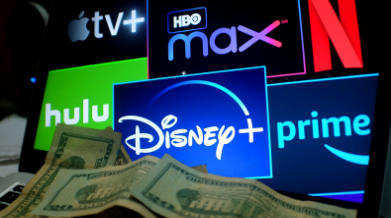
Let’s talk about Beetlejuice Beetlejuice. Its original movie Beetlejuice was a film that, while not everyone’s cup of tea, certainly pushed creative boundaries in both special effects and storytelling.
That being said, the sequel feels like a missed opportunity. Despite including a larger variety of strong female leads and a shift to PG-13, the movie seems to have tripped over its own expectations.
For me personally, after being bombarded with marketing for weeks, the result was… underwhelming. However, this was not the only disappointing movie of 2024: Mean Girls, Deadpool and Wolverine, Despicable Me 4, and InsideOut 2 were also disappointing.
Why are these sequels and reboots failing now? Batman’s The Dark Knight, and Toy Story 2, were very successful movies and sequels. (Sequels some say were better than their first movie.)
So what’s changed?
In the golden age of cinema, movies were defined by their actors, directors, and storylines. Today, our choices are crowded with repetitive productions where studios lean on nostalgia and flat characters.
Compared to past eras monetarily, the box office numbers of Beetlejuice Beetlejuice (187.26 million—counting for modern inflation) only slightly outperforms the 90s Fightclub, a now popular movie considered a box office flop. However, earlier movies in the 2000s, like Avatar, reached into the billions. This clear correlation shows that box office sales are declining and films are no longer interesting.
What’s going on? Why are movies decreasing in quality?
First, technology. The dawn of digital film in The Phantom Menace turned practical effects into costly relics. While CGI is a fun little toy, when used on a large scale it looks fake and is not immersive.
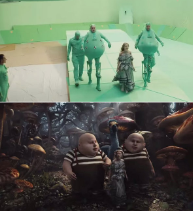
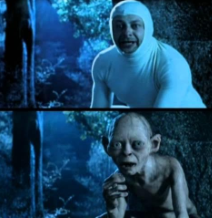
It’s like the computer is continuously making a copy of a copy, but it’s cheaper so more money for the corporations.
What corporations you may ask? Your everyday streaming services. 2007’s Netflix created a cinematic buffet where everything is available at the touch of a button. The urgency to hit the theaters faded, and smaller films couldn’t compete with the blockbusters that dominated early screens or the modern generation’s short attention spans.
But these problems don’t solve the lack of creativity in the movies that are hitting the screens with huge budgets and big-shot actors. Add 2019s cancel culture and you have the modern industry’s tightrope walk.
Filmmakers now tread carefully, sometimes sacrificing originality for the sake of political correctness. So the easiest way to avoid cancelation for new projects is to add to projects that haven’t been criticized, or change the problems with content that has been “canceled.” While it is essential to be mindful of diverse perspectives, this can lead to storytelling that feels overly cautious and, frankly, uninspiring.
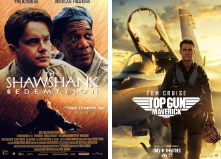
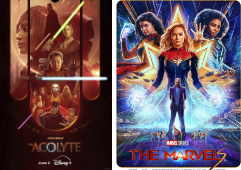
So, what can we expect from the upcoming Gladiator 2, Mufasa, and Wicked? Sure, the marketing hype will be massive, but there’s a feeling that these films may lack the heart and creativity of their originals. With studios leaning heavily on nostalgia for a safety blanket, these movies may just be familiar faces and cookie-cutter money grabs.
However, just because the media is sending you tiresome stories doesn’t mean that’s all that exists, it just means that you have to start looking for movies. So the next time you’re at a theater and see thirty-second trailers for something entirely different, give it a chance because it most likely does not have the budget or hype of these new sequels and remakes. I know you’ll see me at Reagan, The Wild Robot, and Super/Man.


Joseph • Jan 28, 2025 at 11:54 am
So true, good movies are becoming more and more rare. Beautifully written and brings up several good points.